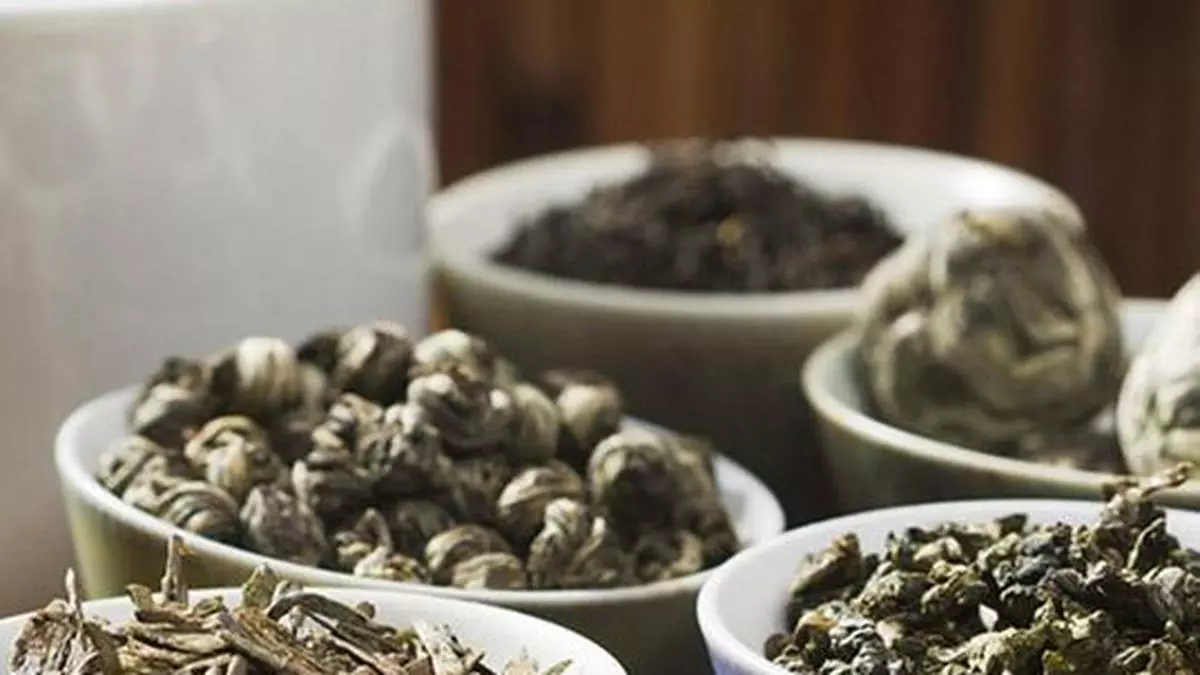Indian Tea Association calls for creating rating system based on quality of retail packets
Kolkata
Amid proliferation of low and inferior quality of teas in the Indian market, Indian Tea Association Chairman Hemant Bangur has called for creating a rating system on tea retail packets based on scientific quality grading for the blend used in the packets to ensure that consumers have an informed choice.
Bangur said currently, beyond tea blenders, packeteers and warehouses, the information on the quality of tea that has gone into a particular packet is lost. As each packeteer has his own proprietary blend sheet, the person knows what kind of teas he will be putting into a particular blend and then sells it to the retailer.
“What we want is that the consumers should also know the quality of tea blends used in the packets. Today in the Indian markets you have tea packets starting from around ₹200 a kg, retail price, to around ₹2,000 a kg. The consumer knows that the price is this and the price is that, but the consumer doesn’t know why the price is ₹2,000 and why the price is ₹200,” Bangur told businessline.
Inferior quality
He suggested the introduction of a statutory scientific quality grading system from one leaf to five leaf marks on retail packets to enhance consumer trust. Presently, there is hardly any standardisation of tea at the retail level.
“If a consumer has an informed choice that this is a one leaf rated packet, and the quality of tea in it will be inferior to the quality of tea which is put in a packet that has five leaf, five being the highest, then he is taking an informed decision while buying tea packets,” Bangur stated, saying that quality grading at the retail level can be done scientifically by experts from the tea industry.
According to industry insiders, one of the major concerns for the industry is with the proliferation of inferior quality of teas in the market, low quality of the brew is being packed at the retail level, causing a demand stagnation.
The Indian Tea Association (ITA) held its 141st Annual General Meeting in Kolkata on Friday. Speaking at the AGM, Bangur said the significant increase in the production costs for the industry over the past decade has far outpaced the increase in tea prices. With a low compound annual growth rate (CAGR) of tea prices (2.88 per cent) compared to rising input costs (10-12 per cent CAGR), the tea industry has been in a “perpetual state of crisis”.
The ITA Chairman said the average cost of production of tea is around ₹250 per kg, while average price in retail is around ₹200. “The industry is losing money. So, if rating can be introduced on retail packets, premium prices can be charged on quality teas while sub standard or inferior quality of teas would be sold at lower price points,” Bangur added.
